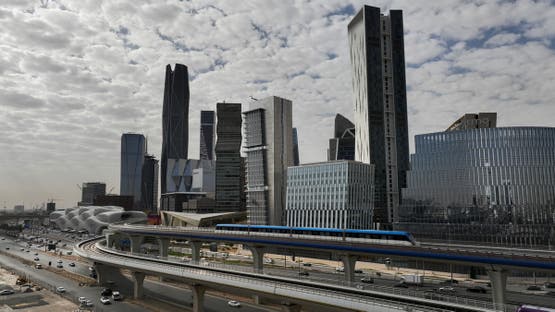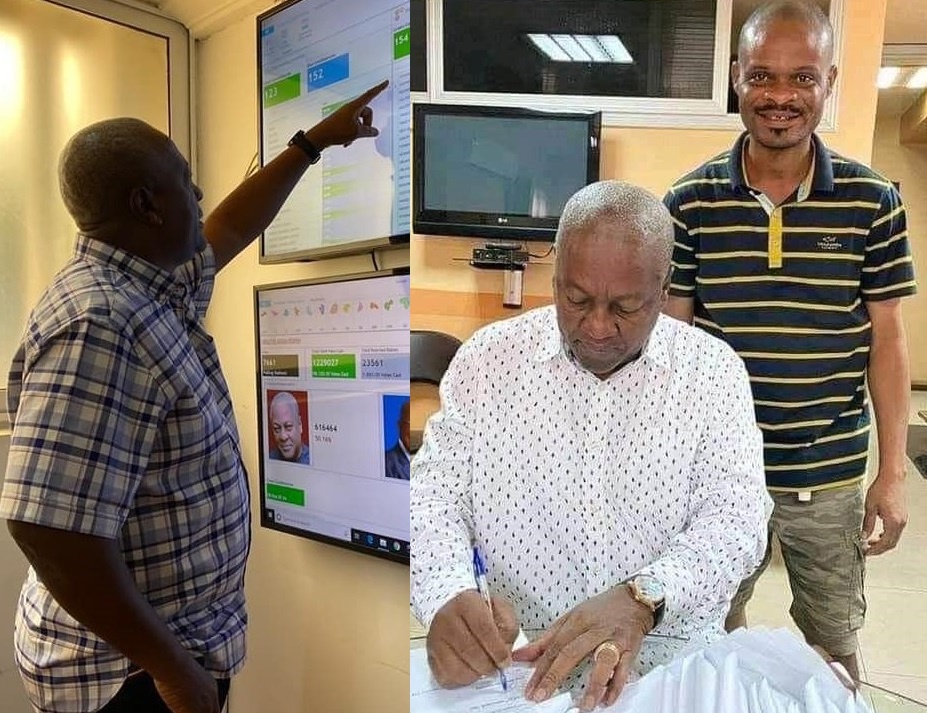Saudi Arabia opens doors to foreign investors with new Visa policies

Companies from tech giants to service providers are establishing regional headquarters in the Kingdom, drawn by its strategic location, large market, and ambitious Vision 2030 economic diversification plan.
Salesforce, the global customer relationship management leader, recently announced a $500 million investment in Saudi Arabia, including plans for a regional headquarters in Riyadh and an AI development center.
“Our decision to expand in Saudi Arabia is based on the opportunities presented by the Kingdom’s ambitious Vision 2030 initiative, in addition to the size and importance of the Kingdom in the region,” Mohammed Alkhotani, senior vice president and general manager of Salesforce Middle East, told Al Arabiya English.
This investment will unfold over several years and includes workforce development through AI skilling and expansion of Salesforce’s local partner ecosystem. The company has already begun developing its new headquarters and implementing a hiring strategy to support projected growth.
Similarly, Skin Laundry, a US-based skincare company, has designated Saudi Arabia as its entry point for Middle Eastern expansion, with plans to open 20 to 25 clinics in the Kingdom over the next five years.
“Saudi Arabia is a critical component of our expansion plan for the Middle East. Its size, population, and economic stability are key factors that led us to choose Saudi Arabia as our entry point into the region,” said Ayman Sabi, CEO of Skin Laundry MENA, also speaking to Al Arabiya English
Vision 2030 aligns with corporate growth strategies
The Kingdom’s Vision 2030 initiative, aimed at reducing dependence on oil and developing public service sectors, has created a hospitable environment for businesses seeking long-term growth opportunities.
“Vision 2030’s goals of digital transformation and economic diversification are well aligned with Salesforce’s long-term growth strategy,” Alkhotani explained. “The Kingdom’s focus on building a knowledge-based economy, developing digital infrastructure, and attracting foreign investment creates a significant growth market for a broad range of technology solutions.”
This alignment between national goals and corporate objectives has become a recurring theme among companies establishing or expanding operations in Saudi Arabia.

“We are fully aligned with Saudi Arabia’s Vision 2030. The country’s commitment to investing in infrastructure, technology, and services supports our successful expansion, and we look forward to the various initiatives that will facilitate our growth,” said Sabi.
Regulatory reforms open doors for foreign investment
A series of regulatory reforms has dramatically improved the business landscape in Saudi Arabia. The February 2021 announcement requiring businesses to establish regional headquarters in the country by the end of 2023 to work on government contracts has accelerated corporate relocations.
Additionally, labor law changes that took effect in March 2021 have enhanced worker mobility, allowing employees to change jobs without employer approval and making the country more attractive to international talent.
“One of the most significant regulatory reforms was allowing foreign investors to operate in Saudi Arabia. As an American company, this regulatory shift was a key enabler for our entry into the market,” said Sabi. “Additionally, ongoing efforts to streamline business operations and enhance the ease of doing business in the Kingdom have further encouraged our decision to enter and expand within Saudi Arabia.”
The introduction of a temporary work visa in early 2021, permitting short-term employees to stay in the country for 90 days, along with tourist visa reforms, including visa-on-arrival for certain passport holders introduced in September 2022, have further opened the country to foreigners.
Strategic geographic advantage
Saudi Arabia’s central location between Europe, Asia, and Africa has emerged as a critical factor in companies’ decisions to establish regional headquarters in the Kingdom.
“Saudi Arabia’s geographic location is another key strategic advantage. As Skin Laundry continues its global expansion, the Kingdom’s central position enables us to establish a regional headquarters that can effectively support our growth across Asia, Europe, and Africa,” Sabi explained.
This strategic positioning allows companies to use Saudi Arabia as a launching pad for broader regional operations, enhancing the Kingdom’s status as a commercial hub.
Improved business environment

Business leaders report a significant transformation in Saudi Arabia’s business climate compared to previous years, with streamlined processes and reduced bureaucratic barriers.
“It’s now significantly easier to do business in Saudi Arabia compared to five years ago. Back then, entering the market as a foreign investor was not feasible, and obtaining visas—especially work visas for our staff—was much more challenging,” Sabi observed. “Today, the ability to travel in and out of the country with ease, along with the notable improvements across various government agencies, marks a major shift from the past.”
The Kingdom’s commitment to technological advancement has particularly attracted tech companies looking to participate in Saudi Arabia’s digital transformation.
Salesforce plans to bring Hyperforce, its next-generation platform architecture, to Saudi Arabia through a strategic partnership with Amazon Web Services (AWS).
“Hyperforce in KSA enables Salesforce’s global customer base to run workloads locally through a distributed public cloud infrastructure,” Alkhotani said, highlighting the company’s commitment to building digital infrastructure in the Kingdom.
Talent development
As foreign companies establish operations in Saudi Arabia, many are investing in developing local talent to meet their specialized workforce needs.
Salesforce has committed to upskilling 30,000 Saudi citizens in artificial intelligence, partnering with Riyadh-based Princess Nourah Bint Abdulrahman University to bring AI-focused learning and workforce development opportunities to students.
“The Kingdom is home to a large population of young, talented, and ambitious people. Salesforce is keen to help develop this talent… We have extensive experience of working with partners, including universities around the world, on training and work experience. We are excited to expand and accelerate these initiatives in Saudi Arabia,” Alkhotani said.
Skin Laundry is taking a similar approach to address the technical skills required for its operations.
“Given the technical nature of our operations, accessing the right talent is a global challenge—not just a local one. To address this, we are actively investing in tailored training programs to develop the skilled workforce we need,” Sabi explained.
Saudi authorities have implemented various incentives to attract foreign businesses, though the specifics vary by sector and company size.
“We have been approached by various governmental agencies encouraging us to place a headquarters in Saudi Arabia, some of them are financial, some of them are regulatory and also the possibility of investing in training programs that the government will assist us in,” Sabi noted.
With a population of over 35 million, Saudi Arabia offers companies access to a large and growing consumer market, particularly appealing to retail and service companies.
“We’ve long seen Saudi Arabia as the key player in the Middle East. Its vast population and geographic size present a significant opportunity for growth compared to neighboring markets,” said Sabi. “We see this scalability as one of Saudi Arabia’s greatest strategic advantages.”





